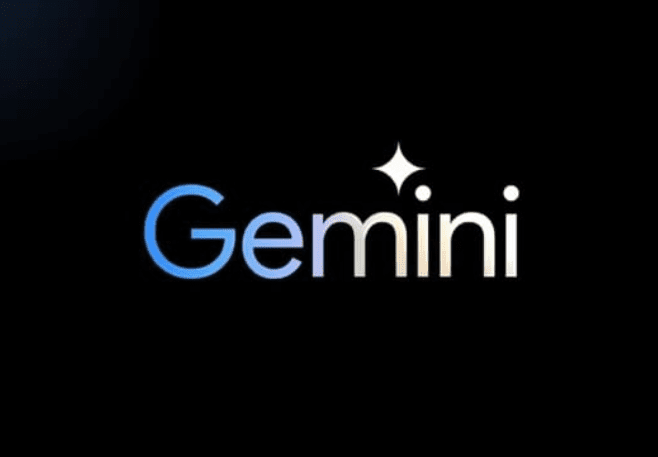Google is again under regulatory scrutiny over its AI approach. The French competition authority announced a substantial fine of €250 million against tech giant Google for violations related to EU intellectual property regulations in its dealings with French media publishers. This action underscores growing concerns over the use of AI technology and its implications on copyright law.
At the heart of the controversy is Google’s AI chatbot, initially named Bard and later rebranded as Gemini, which was reportedly trained on content from various publishers and news agencies without prior notification. This move has raised questions about the ethical use of AI in leveraging copyrighted material for technology advancement without appropriate agreements.
Google, owned by Alphabet Inc., has decided not to dispute the allegations as part of the settlement process. In addition to accepting the fine, Google has proposed several remedial measures to address identified deficiencies. The fine stems from a broader copyright dispute in France, catalyzed by complaints from leading news organizations, including Agence France Presse (AFP). These organizations accused the tech behemoth of using their online content without fair compensation. This issue seemed to have been temporarily resolved in 2022 when Google withdrew its appeal against a preliminary €500 million fine following a comprehensive investigation by France’s Autorité de la Concurrence.
However, the French competition watchdog has now found Google in breach of several key commitments made during the settlement. These breaches include failures to engage in good-faith negotiations with publishers and to provide transparent information. Specifically, Google‘s deployment of its AI chatbot Bard was criticized for using data from media without informing the concerned parties or the regulator, thereby undermining the publishers’ and news agencies’ ability to negotiate fair prices for their content.





